Essential Health Screenings Everyone Should Get by Age 40
By the time you reach 40, life can feel busy with family, work, and personal responsibilities. However, prioritizing your health is crucial to ensure a long and healthy future. Preventive health screenings can detect issues before they become serious and allow for early intervention, which greatly increases treatment success rates. Here are the key screenings you should undergo by the age of 40 to safeguard your well-being.
Key Takeaways
- Regular health screenings are essential for detecting potential issues early and maintaining overall well-being.
- Proactive healthcare involving essential health screenings can help identify and address health concerns before they become more serious.
- Routine medical tests and preventive care checkups are crucial for midlife wellness and early detection of any underlying conditions.
- Screenings for heart health and cancer should be a priority for everyone by the age of 40.
- Taking charge of your health through regular screenings can empower you to maintain a healthy lifestyle and catch any problems early.
1. Blood Pressure Screening
High blood pressure (hypertension) is a leading cause of heart disease and stroke. Since hypertension often shows no symptoms, regular blood pressure checks are crucial, even if you feel healthy.
- Why it’s important: Left untreated, high blood pressure can damage arteries, the heart, and other vital organs.
- When to get it: Adults should have their blood pressure checked at least once every two years. More frequent testing is recommended for individuals with risk factors like obesity or a family history of heart disease
| “Preventive care and early detection screenings are the keys to maintaining our health as we get older. By staying proactive, we can catch any potential issues early and take action to address them. |
2. Cholesterol Test
A lipid panel measures cholesterol levels and helps assess your risk for cardiovascular diseases. High cholesterol can lead to the build-up of fatty deposits in blood vessels, increasing the risk of heart attack and stroke.
- Why it’s important: High cholesterol is often asymptomatic but can lead to life-threatening conditions.
- When to get it: Men and women aged 20 and older should have a cholesterol test every 4-6 years. If you have risk factors such as smoking or diabetes, you may need to be screened more frequently
3. Blood Glucose (Diabetes) Test
Blood glucose tests help detect prediabetes and diabetes. By age 40, especially if you have a family history of diabetes, maintaining regular glucose monitoring is essential to prevent complications like nerve damage, kidney disease, and heart issues.
- Why it’s important: Early detection of diabetes can prevent complications and help manage the disease effectively.
- When to get it: Individuals with risk factors (obesity, family history, sedentary lifestyle) should start screening at age 35 and repeat every 1-3 years depending on the results
4. Colon Cancer Screening
Colorectal cancer is one of the most common cancers worldwide. Detecting it early through screenings like colonoscopies can significantly improve treatment success.
- Why it’s important: Screening can detect polyps and other abnormalities before they develop into cancer.
- When to get it: Generally recommended starting at age 45, but those with a family history of colorectal cancer may need to start earlier
| “Early detection is key to managing many health conditions, so it’s important to stay on top of these essential screenings as we reach our 40s.” |
5. Skin Cancer Screening
Skin cancer is the most common type of cancer, and routine skin checks can help detect signs of melanoma or other skin cancers early.
- Why it’s important: Early detection of skin cancer can lead to highly effective treatment.
- When to get it: Perform self-exams monthly and schedule a professional skin check annually, especially if you have a family history of skin cancer or spend considerable time in the sun
6. Pap Smear and HPV Test (For Women)
A Pap smear tests for precancerous changes in the cervix, while the HPV test checks for human papillomavirus, a major cause of cervical cancer. Regular screenings are vital for early detection and prevention of cervical cancer.
- Why it’s important: Early treatment of abnormal cells can prevent cervical cancer.
- When to get it: Women aged 21-65 should get a Pap smear every 3 years or a combined Pap and HPV test every 5 years
7. Breast Cancer Screening (For Women)
Mammograms are key in detecting breast cancer early, often before any symptoms appear. Although the standard recommendation is to begin at age 50, many women choose to start screening earlier, particularly if they have a family history of breast cancer.
- Why it’s important: Early detection through mammograms can reduce breast cancer mortality by up to 40%.
- When to get it: Women should discuss with their healthcare provider about beginning mammograms between ages 40 and 50
8. Eye Exam
Regular eye exams are essential for detecting vision changes, glaucoma, macular degeneration, and other eye conditions that can progress with age.
- Why it’s important: Many eye conditions are asymptomatic until they are in advanced stages. Early detection is key to preserving vision.
- When to get it: Get an eye exam every 2-4 years starting at age 40, or more frequently if you have risk factors like diabetes
9. Hearing Test
Hearing loss is common as you age, and routine screening can help detect it early. Untreated hearing loss can lead to social isolation, depression, and cognitive decline.
- Why it’s important: Early detection can prevent complications and improve quality of life.
- When to get it: Adults should have their hearing checked starting at age 40, or sooner if there are signs of hearing impairment
10. Bone Density Test (For Women)
Women are at a higher risk for osteoporosis, especially after menopause. A bone density test can identify weak bones and help prevent fractures.
- Why it’s important: Early detection of low bone density can lead to interventions that strengthen bones and prevent fractures.
- When to get it: Women aged 40-65, particularly those at risk, should discuss bone density testing with their doctor
Conclusion
Preventive health screenings are critical to maintaining your health, especially as you approach 40. Early detection of diseases such as heart disease, cancer, diabetes, and osteoporosis can make a significant difference in treatment outcomes and overall quality of life. Regular check-ups and staying proactive about your health can help you live a longer, healthier life.


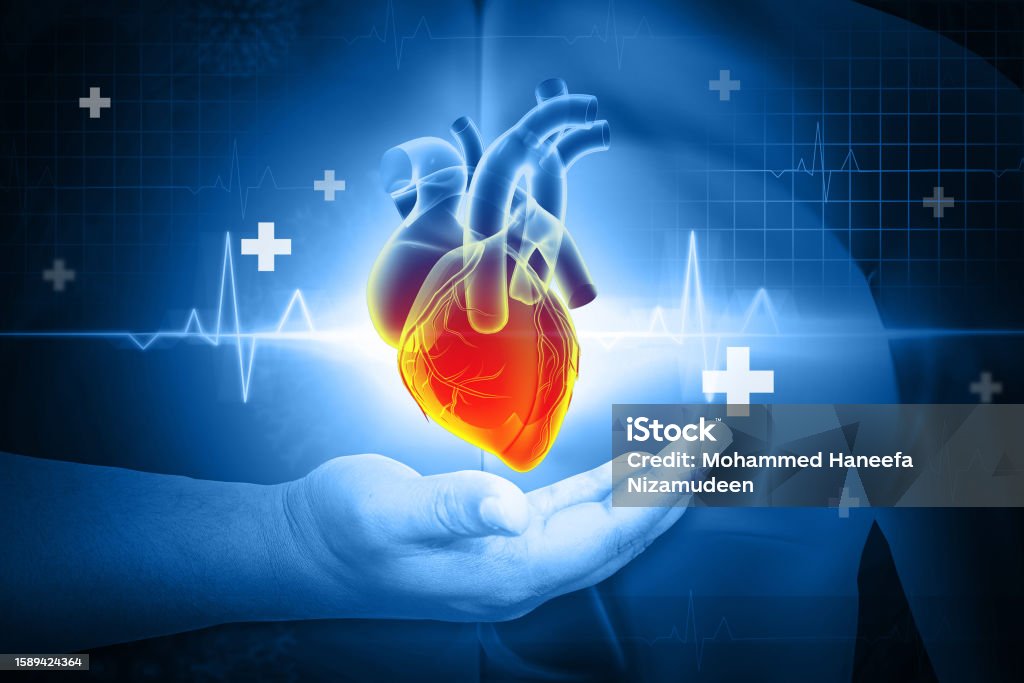

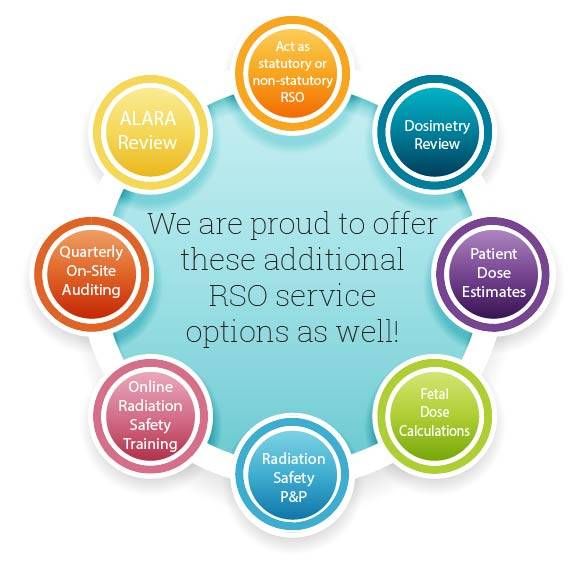

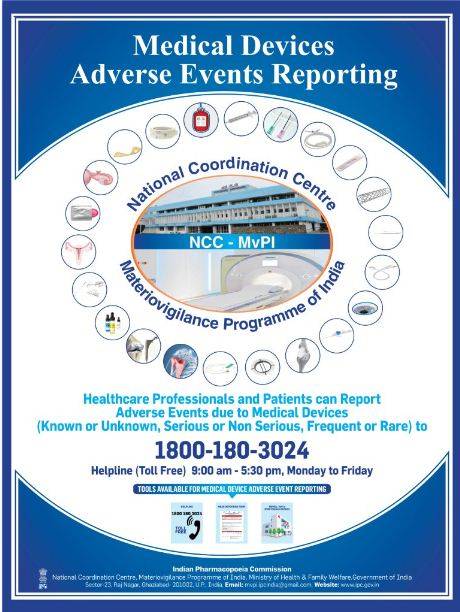

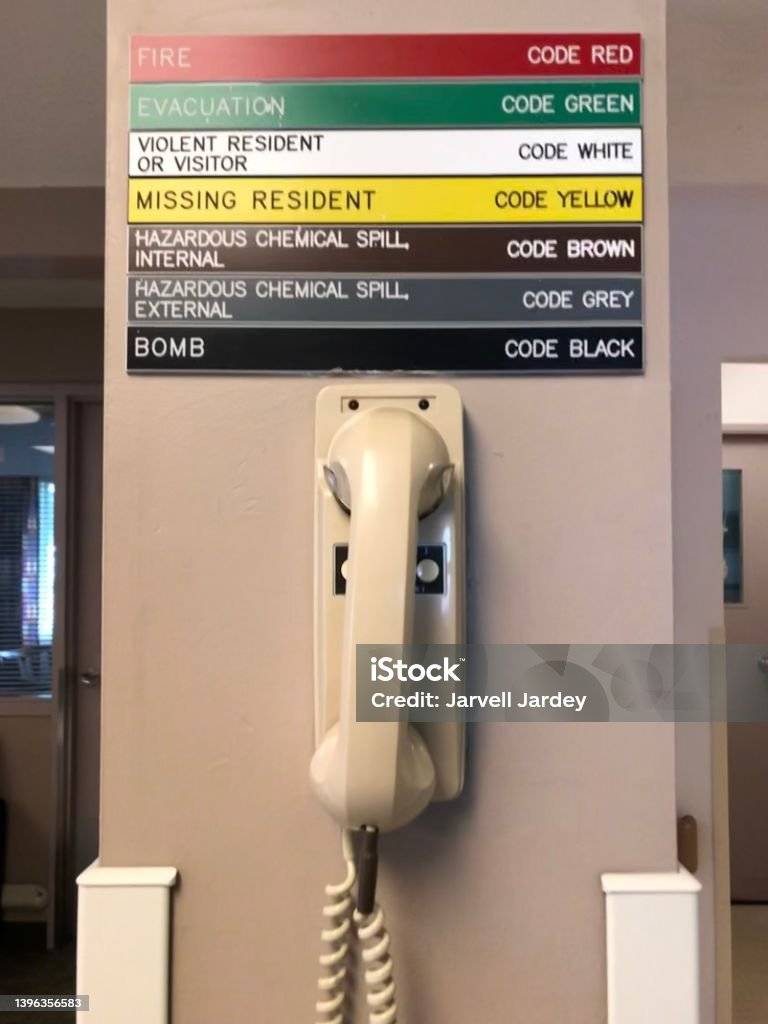
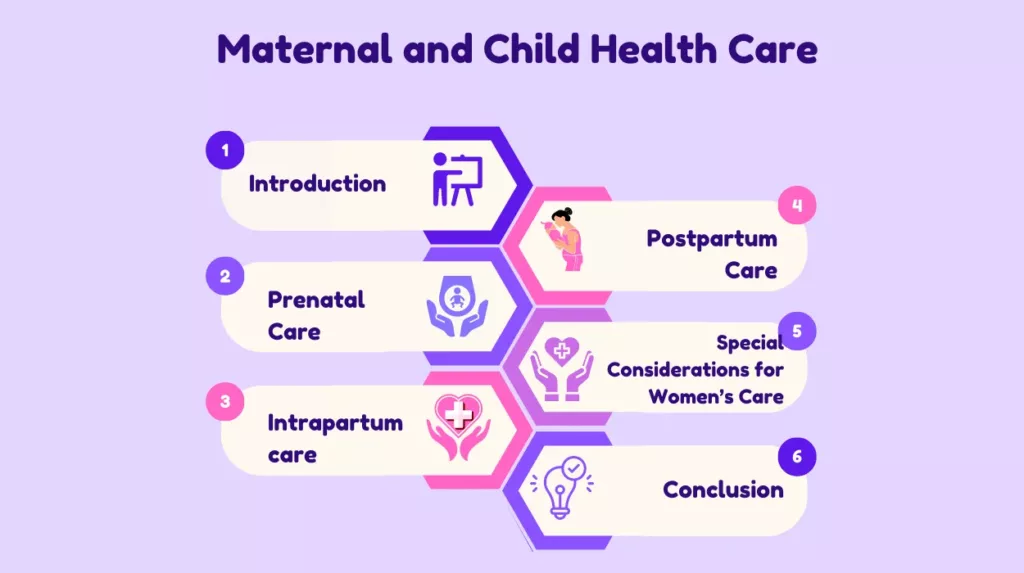

Hair Cuts
Thank you for every other fantastic post. Where else may anybody get that kind of information in such an ideal approach of writing? I’ve a presentation next week, and I’m at the look for such info.